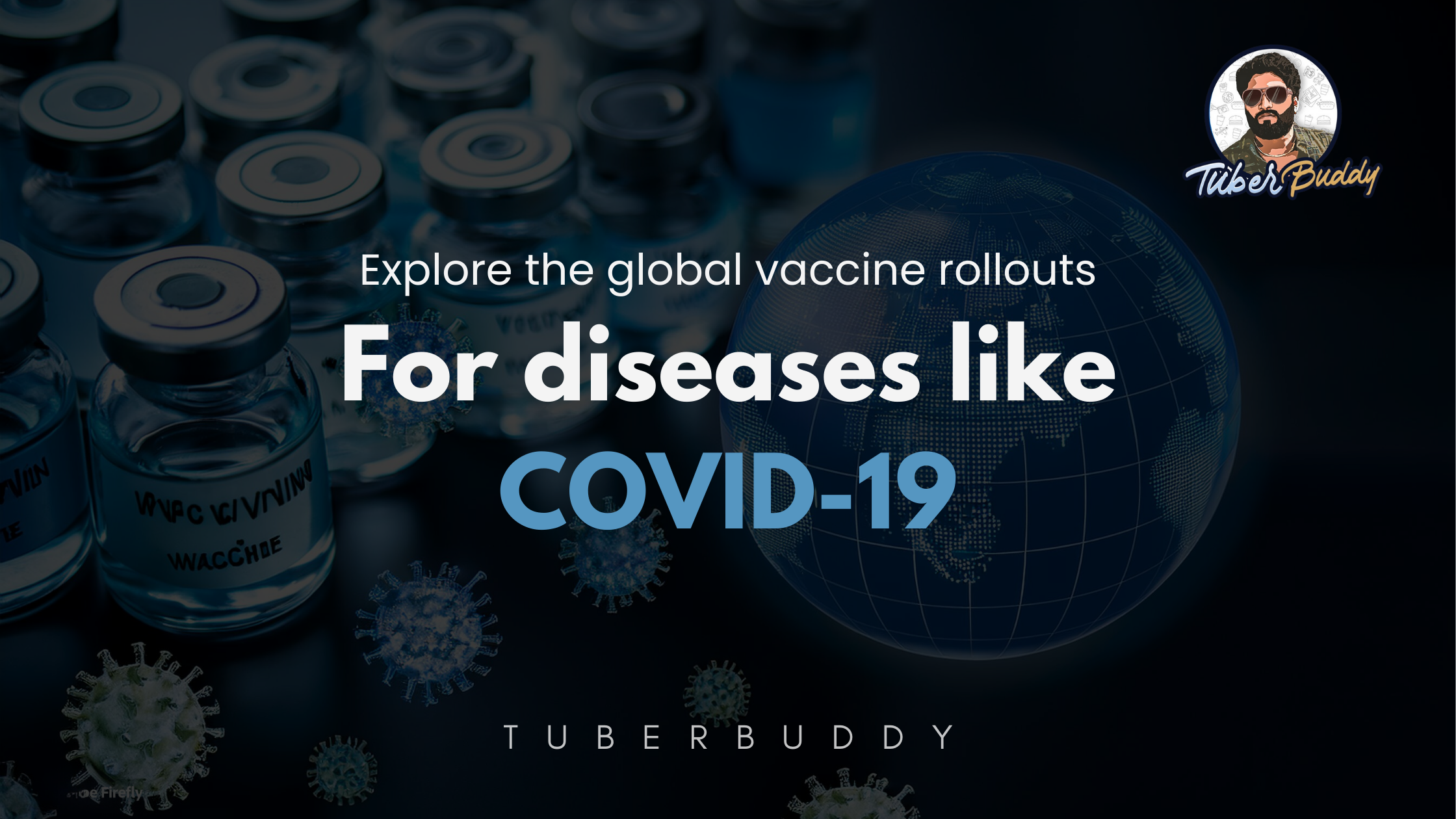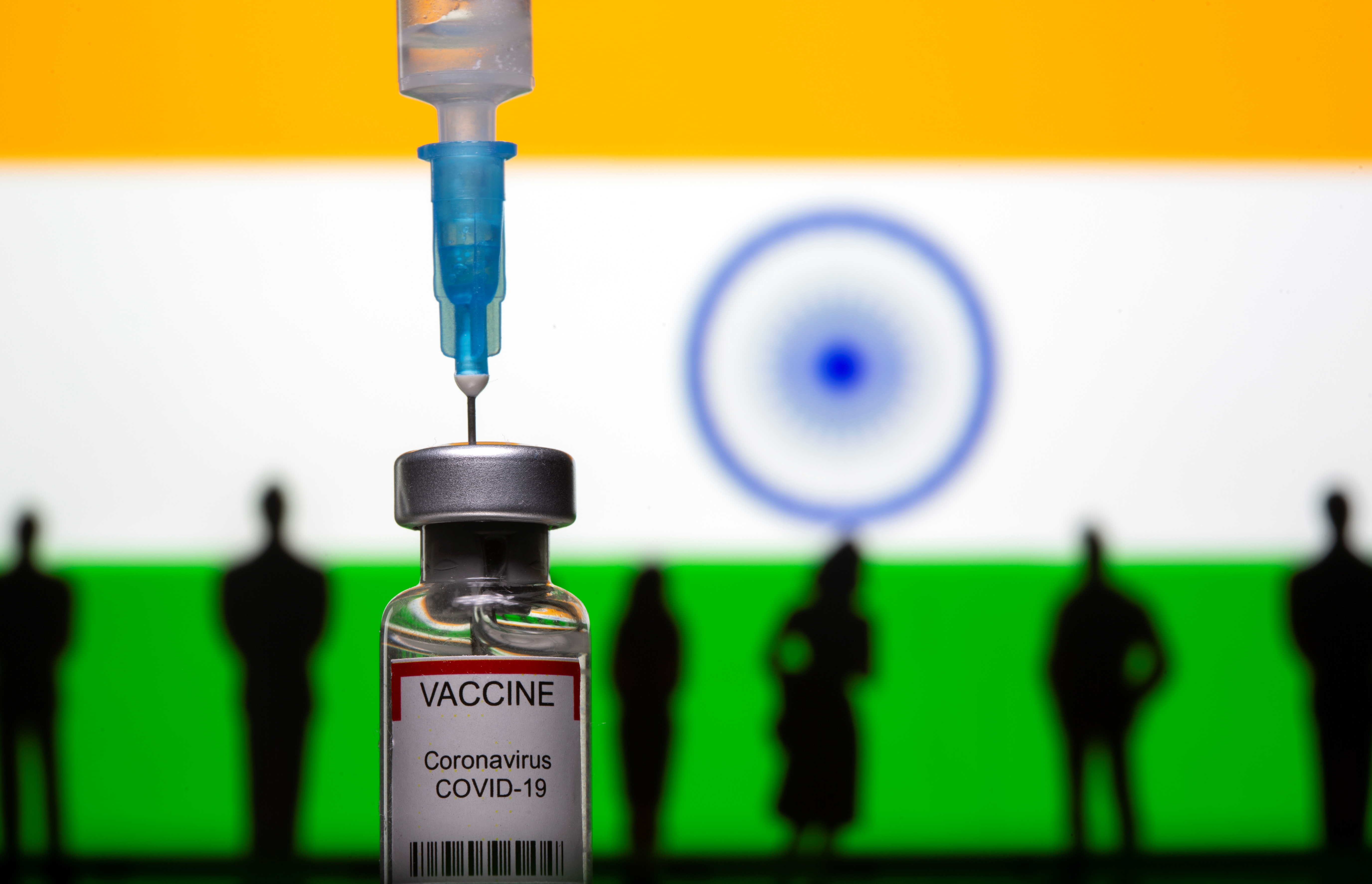
Corona Vaccine: What You Need to Know for Your Health & Safety
In recent years, vaccine rollouts have become a cornerstone of global public health efforts, especially in the face of pandemics and infectious diseases like COVID-19 and the flu. These vaccination programs have not only saved millions of lives but also strengthened public health systems worldwide. However, the challenges and successes of these rollouts reveal much about the state of healthcare infrastructure, international cooperation, and public trust in science.
The COVID-19 Vaccine Rollout: A Landmark in Public Health
The global rollout of COVID-19 vaccines, including the widely known Corona Vaccine, stands as one of the largest and most complex public health campaigns in modern history. Governments and health organizations across the world rapidly developed, distributed, and administered vaccines to billions of people in a race against time to control the pandemic. This unprecedented effort showcased the power of scientific collaboration, with vaccines developed in record time through partnerships between pharmaceutical companies, research institutions, and government agencies.
The rollout was not without its challenges, however. Issues such as vaccine inequality, misinformation, and logistical barriers highlighted the disparities in healthcare access between high-income and low-income countries. Wealthier nations were able to secure doses early, while many developing countries faced delays. This has led to a renewed focus on the need for equitable distribution and access to vaccines for all.

Flu Vaccinations: An Ongoing Public Health Priority
While COVID-19 has dominated headlines, the annual flu vaccination campaigns continue to play a critical role in public health systems worldwide. The flu remains a significant cause of illness and death, particularly among vulnerable populations such as the elderly, young children, and those with underlying health conditions.
The success of flu vaccine rollouts varies by region. In countries with strong healthcare infrastructures, flu vaccination rates remain high, preventing large-scale outbreaks and reducing hospitalizations. However, in low-resource settings, access to flu vaccines can be limited, resulting in preventable illnesses and deaths.
The experience with COVID-19 and the Corona Vaccine has reignited conversations around the importance of routine vaccinations like the flu shot, encouraging countries to strengthen their immunization programs and infrastructure.
Expanding Vaccine Rollouts for Other Infectious Diseases
Beyond COVID-19 and the flu, vaccination programs targeting other infectious diseases, such as measles, polio, and hepatitis, have been critical in improving global health. The World Health Organization (WHO) has led numerous campaigns to eradicate or control these diseases through widespread immunization efforts.
For example, the Global Polio Eradication Initiative has significantly reduced polio cases worldwide, with some regions reaching eradication. However, setbacks such as political instability and vaccine hesitancy have sometimes hindered progress, particularly in regions where public trust in vaccines is low.
The Impact on Public Health Systems
The large-scale vaccine rollouts have had a profound impact on public health systems, revealing both strengths and areas that need improvement.
Strengthening Healthcare Infrastructure: The COVID-19 pandemic forced countries to enhance their healthcare systems by improving supply chains, expanding cold storage capabilities for vaccines, and increasing digital tracking and monitoring of vaccinations.
Public Trust and Misinformation: Vaccine rollouts have shown that public trust in science and healthcare is vital to the success of immunization campaigns. Misinformation, especially during the COVID-19 pandemic, created barriers to widespread vaccine uptake. Public health systems have had to invest heavily in education and outreach to counteract false information.
Global Collaboration: The rollouts demonstrated the importance of international cooperation, particularly through initiatives like COVAX, which aimed to provide equitable access to COVID-19 vaccines. Such collaborations have strengthened global ties and highlighted the need for continued cooperation in the face of future public health crises.
Looking Ahead: Preparing for Future Challenges
As vaccine technology advances, public health systems must adapt to new innovations such as mRNA vaccines, which have proven highly effective against COVID-19. The rapid development of the Corona Vaccine could pave the way for breakthroughs in tackling other diseases like malaria, HIV, and certain cancers.
Global health leaders are also pushing for stronger pandemic preparedness, ensuring that future vaccine rollouts are even more efficient, equitable, and far-reaching. Lessons learned from COVID-19 will play a critical role in shaping the future of vaccine distribution and public health policies.
Conclusion
Vaccine rollouts for diseases like COVID-19, the flu, and other infectious diseases have reshaped the global health landscape. While they have highlighted inequalities and challenges in healthcare systems, they have also showcased the power of science and global collaboration in protecting public health. As the world continues to evolve and new threats emerge, vaccines—including the Corona Vaccine—will remain one of the most important tools in safeguarding human health, saving lives, and fortifying public health systems worldwide.
For more stories that connect past and present, Follow https://tuberbuddy.com/
